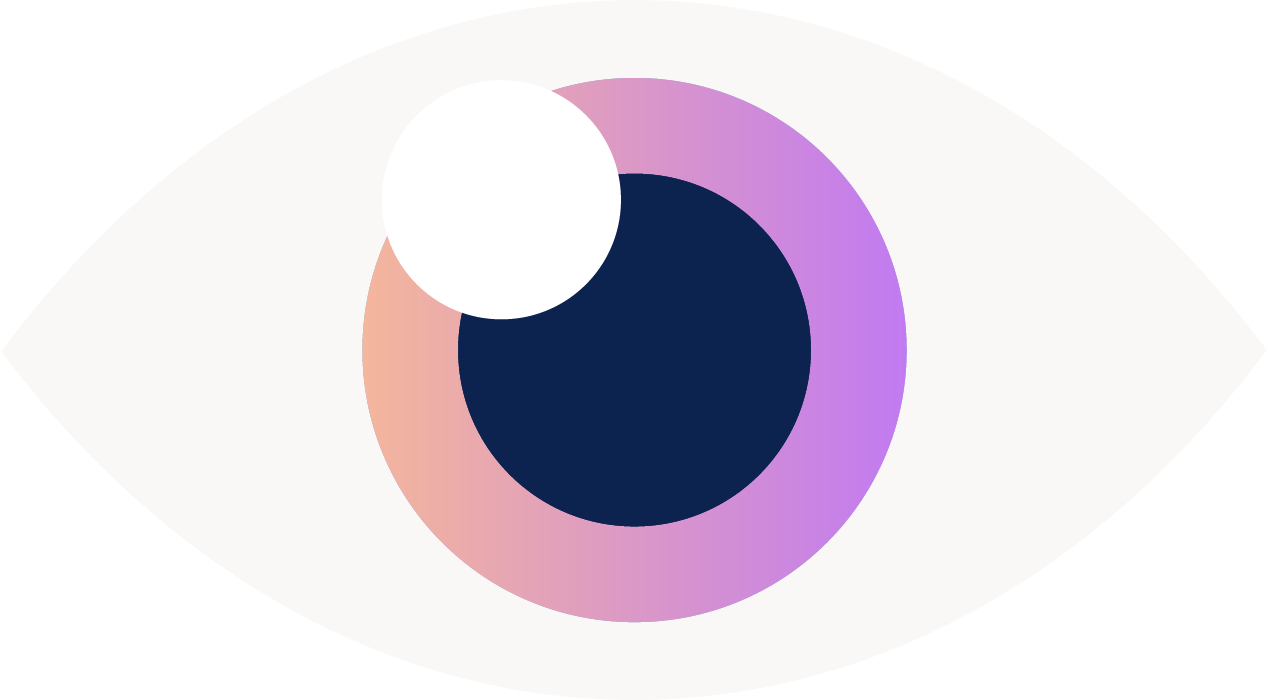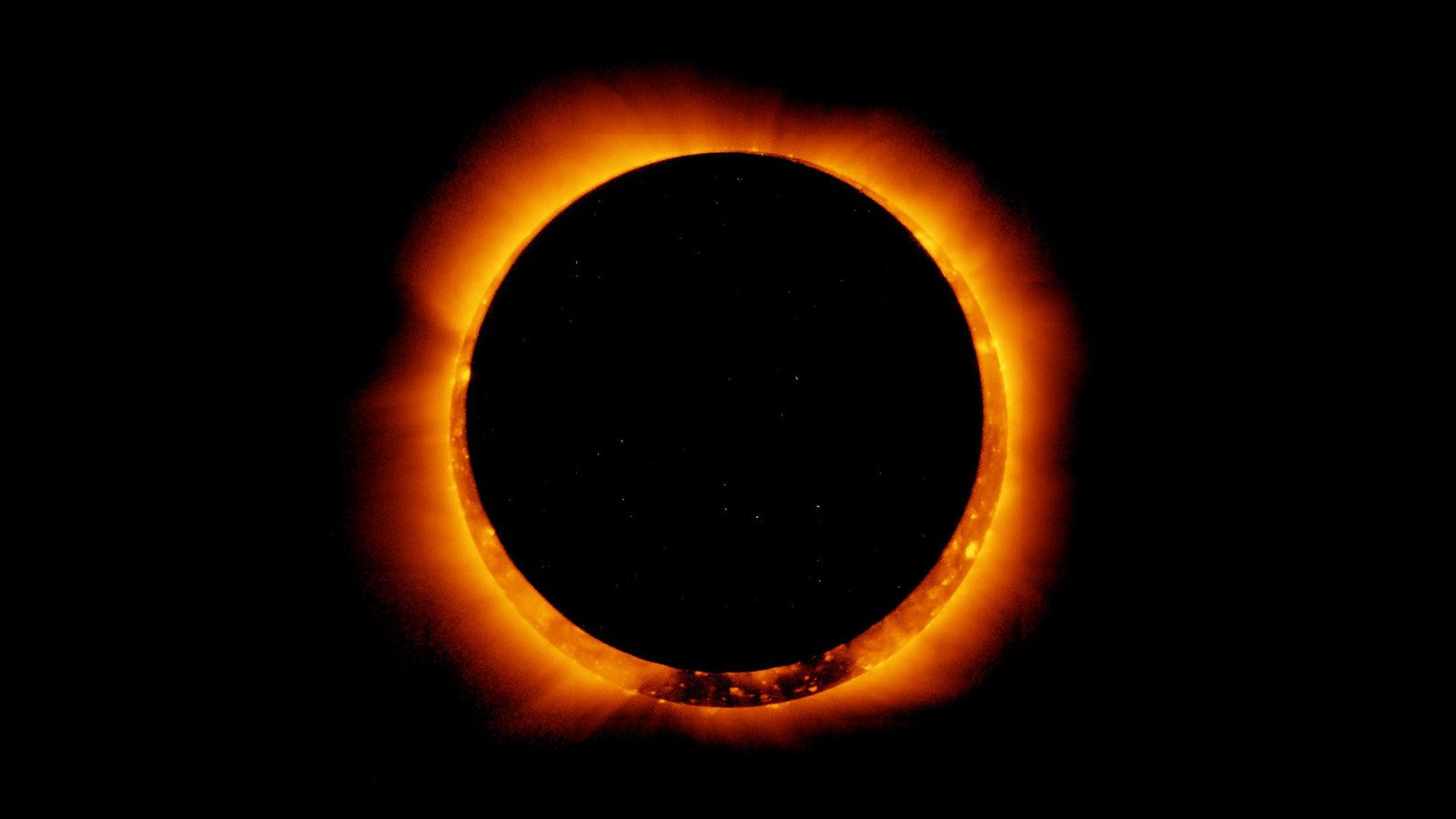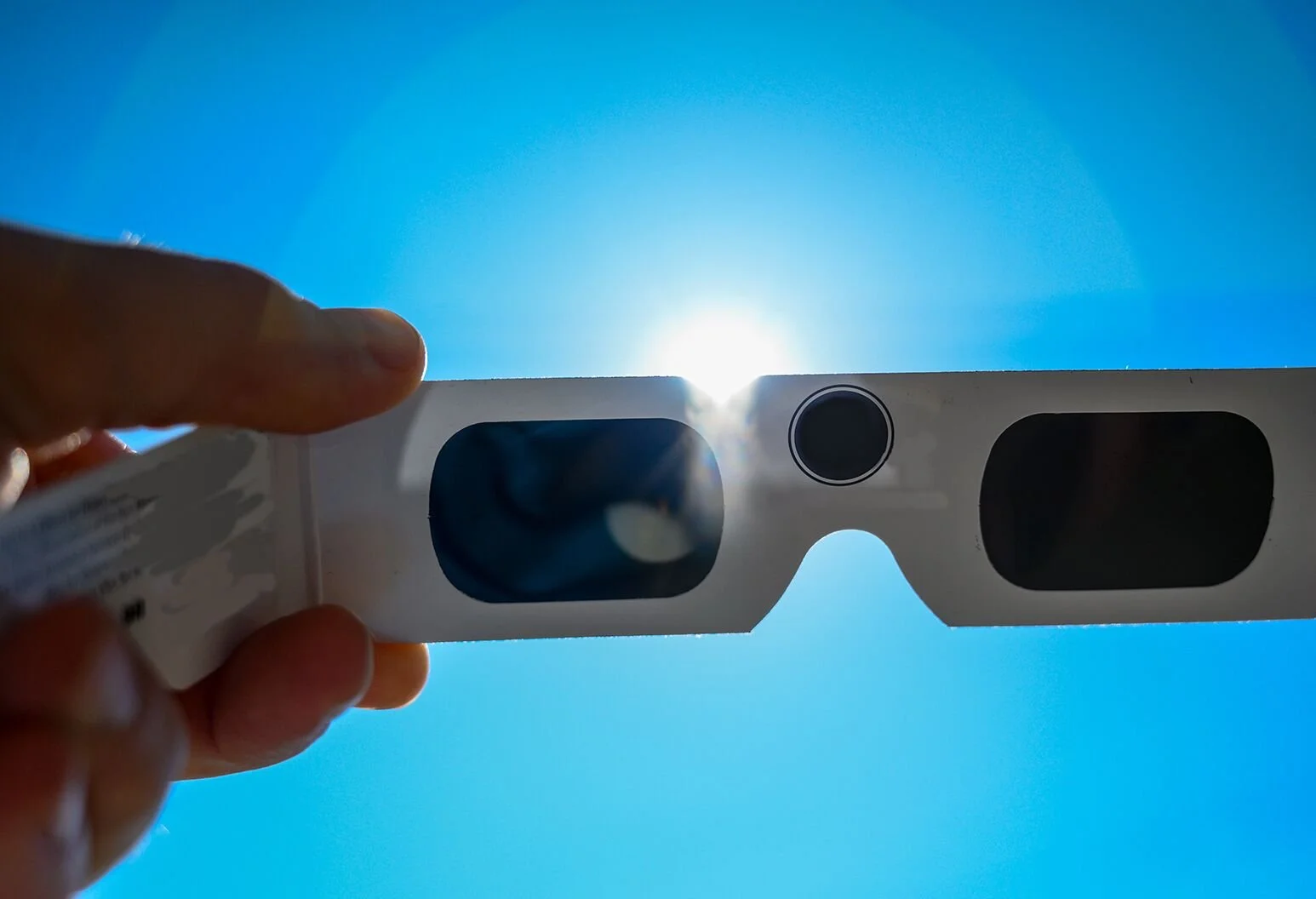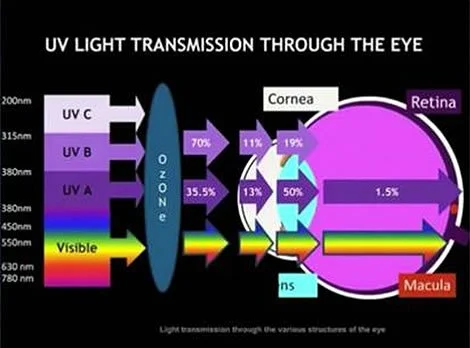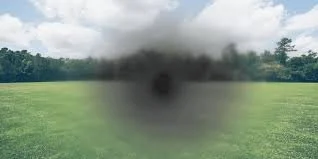Can A Solar Eclipse Actually Damage Your Eyes?
A total solar eclipse is pretty amazing. But make sure you’re protected.
Watching a solar eclipse can damage your retina- solar retinopathy. I recently made a whole Youtube video about this, you can find it linked HERE.
When you’re looking at an eclipse, the light from the sun is a lot more dim than we’re used to, so we lose our natural reflex to turn away from the sun.
The only time you can look at the sun during a total eclipse without wearing the protective glasses is during the totality period. That is when the moon completely blocks the sun for just a very brief period of time.
(The path of totality for the 2024 eclipse goes from Texas to Maine, which you can track HERE).
The phases leading up to it and after the totality and if you’re outside of the path of the totality means that you must wear your eclipse glasses at all times.
Viewing an eclipse without proper eye protection allows harmful ultraviolet light rays into the eye which can quickly burn sensitive eye tissue causing solar retinopathy. That’s when you get damage to central area of your retina, which is the responsible for your fine central vision. Worst case scenario it causes a blind spot in one or both eyes - and since it’s in the central retina, it’s right in the middle of your vision.
It actually might take a few hours or days for symptoms to begin and to notice vision problems.
You can get a blind spot, headache, eye tearing, light sensitivity, eye soreness or pain, temporary floaters or flashes,
Some people can recover their vision slowly over months, others will have permanent vision loss.
Sunglasses, polarized lenses, unfiltered cameras and telescopes are not good enough.
Are you going to watch the eclipse on Monday? I’ll actually be in Texas to view the totality!
